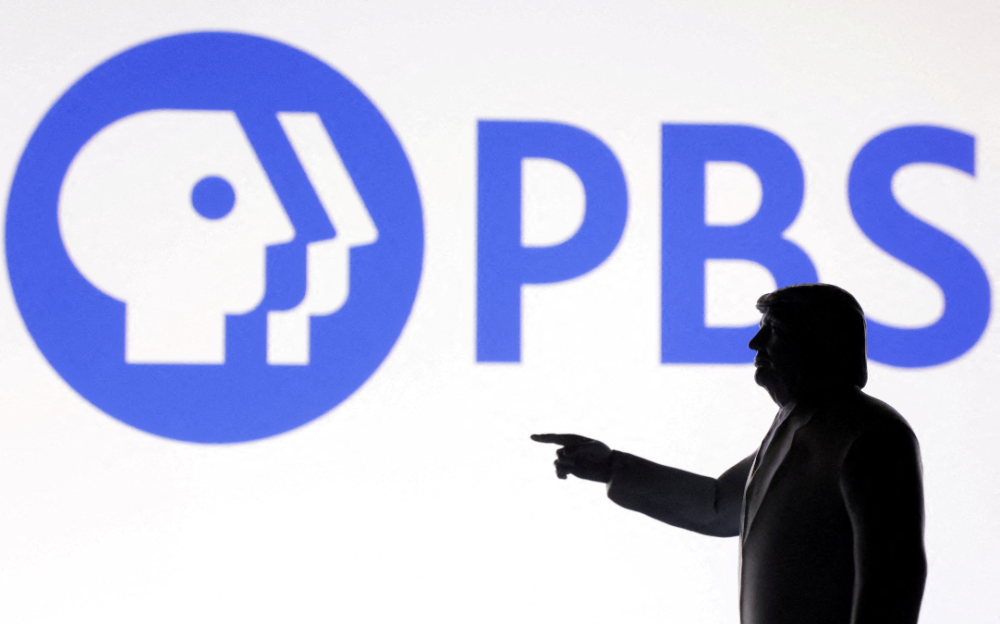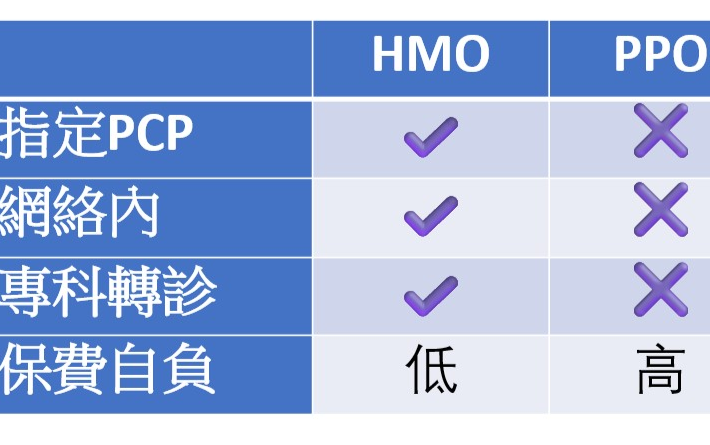點擊瀏覽 休斯頓黃頁 電子書
美國公共電視廣播說再見

美國公共電視廣播說再見
——一場靜靜落幕的文化告別
在一個清晨,沒有隆重的儀式,沒有熱鬧的送別,美國公共電視悄然說了再見。銀幕上的最後一幀畫面,是一段兒童節目的重播,聲音微弱,彷彿從上個世紀遺落而來。
曾幾何時,PBS(美國公共電視)是美國人靈魂深處的一盞燈。它不喧鬧,不喧賓奪主;它不販售恐慌,不迎合流行。它用《芝麻街》教孩子讀書,用《NOVA》帶青年穿越宇宙,用《Frontline》刺破新聞表象,用《Masterpiece》讓我們在英倫古堡與人性中徘徊。
它從來不追逐收視率,而是守住知識、藝術與良知的邊界。它是少數讓我們在深夜放下手機、安靜凝視的一個窗口。
然而,在算法壟斷內容的時代,在商業贊助主導話語權的媒體生態中,這樣一種溫和、理性、以公共利益為初衷的媒體,變得越來越不合時宜。年輕觀眾流向短影音,廣告商尋求即時變現,政府預算一次次縮水,PBS像一位老畫家,還沒畫完最後一筆,就被告知「畫廊關門了」。
不是它錯,不是它老,而是這個時代變得太快,快得不再容納靜靜說話的聲音。
在它說再見的那天,有人回顧自己童年坐在電視前跟著字母歌唱的記憶,有人回想那場從伊拉克戰爭到華爾街危機的深度報導,有人翻出十年前錄下的紀錄片,輕聲道:「那是我看過最真誠的一部片。」
其實,我們不是只是在與一個電視頻道告別,而是在告別一種精神:相信知識無價,相信真理值得花時間探究,相信每個人都應該有權利,不被商業目的污染地,理解這個世界。
當「公共」變得不再重要,當「慢」被視為落後,當「價值」讓位於「流量」,我們失去的,遠不只是一個頻道,而是一整代人的文化記憶與認知方式。
美國公共電視說再見了。我們能不能在說再見的瞬間,停一停,看一看,想一想:
未來,我們要如何留住那盞燈?
American Public Television Says Goodbye
—A Quiet Farewell To A Cultural Era
One quiet morning, without fanfare, without a formal ceremony, American public television softly said goodbye. The final frame on the screen was a rerun of a children’s show—its voice faint, like an echo from another century.
Once, PBS was a beacon in the American cultural landscape. It didn’t shout. It didn’t chase trends. It didn’t sell fear or pander to algorithms. Instead, it taught children the alphabet with Sesame Street, took young minds across galaxies through NOVA, peeled back the layers of truth with Frontline, and it allowed us to wander through the chambers of the human heart with Masterpiece.
It never cared for ratings—it cared for reason. It drew boundaries with conscience, not with commercials. It was one of the rare places where we could put down our phones at night and just… listen.
But in an age of speed and noise—where content is sliced into seconds, where platforms are run by profit and precision, and where attention spans are traded like currency—such gentle, deliberate storytelling no longer finds a place. Younger audiences drifted to TikTok. Sponsors followed immediacy. Budgets shrank. And PBS—like an aging artist halfway through a masterpiece—was told the gallery was closing.
It wasn’t wrong. It wasn’t obsolete. The world simply moved too fast to hear a voice that speaks so softly.
On the day it said goodbye, some revisited memories of childhood hours spent in front of the television, learning letters with puppets. Others remembered documentaries that dared to go deep—from the Iraq War to the 2008 stock market crash. Still others found old tapes and whispered, “That was the most honest show I ever watched.”
This isn’t just the end of a channel. It is the fading of a spirit:
The belief that knowledge is priceless.
That truth deserves time.
That everyone, regardless of income, deserves access to art, education, and thoughtful dialogue.
When “public” becomes irrelevant, when “slow” is seen as weak, when “value” gives way to “views,” we lose more than a program. We lose a way of seeing the world.
American public television says goodbye.
And as we watch that gentle light fade out, the real question remains:
In the future, will we find a way to keep the light on?































